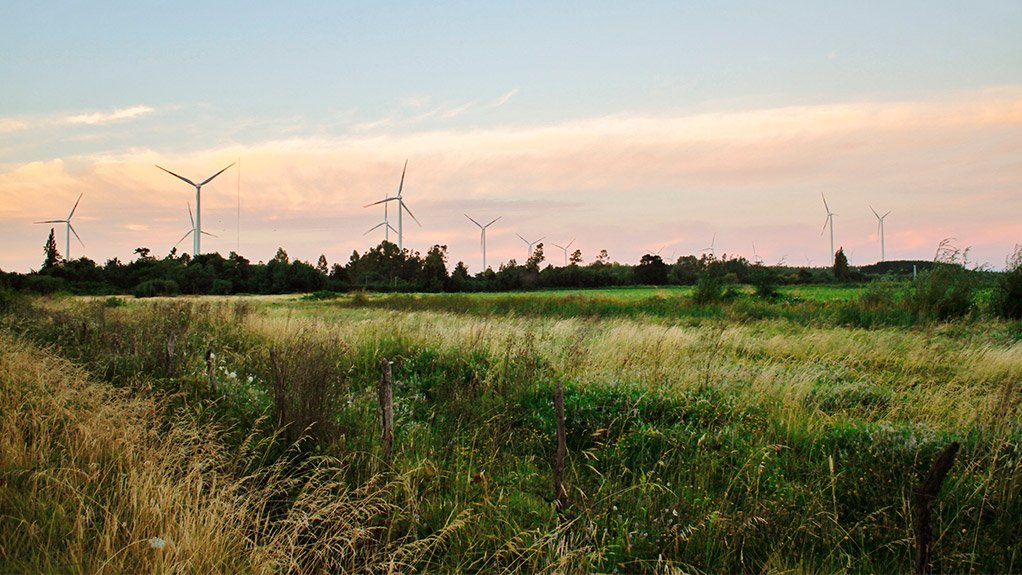The world is heading in the right direction to achieve universal access to sustainable energy by 2030 but must move faster, a new World Bank report that tracks the progress of the Sustainable Energy for All (SE4All) initiative, said on Monday.
The report – ‘Progress Toward Sustainable Energy: Global Tracking Framework 2015’ – found that 1.1-billion people in the world still lived without electricity and almost three-billion still cook using polluting fuels such as kerosene, wood, charcoal and dung.
From 2010 to 2012, the number of people without access to electricity declined from 1.2-billion to 1.1-billion, with 222-million people having gained access to electricity during this period, higher than the population increase of 138-million people.
These gains were concentrated in South Asia and sub-Saharan Africa, and mainly in urban areas. The global electrification rate increased from 83% in 2010 to 85% in 2012.
On the positive side, the share of modern renewable energy, from sources including hydro, solar and wind energy, grew rapidly at 4% a year during the tracking period. Modern renewables made up 8.8% of total global energy consumption in 2012.
Still, to meet the 2030 SE4All objective, the yearly growth rate for renewable energy had to be closer to 7.5%.
The report used energy intensity – global economic output divided by total energy consumption – as a measure of energy efficiency. From 2010 to 2012, energy intensity fell by more than 1.7% a year, considerably more than the yearly rate from 1990 to 2010, but still slower than the SE4ALL objective of a yearly 2.6% drop in energy intensity between 2010 and 2030.
“We are heading in the right direction to end energy poverty, but we are still far from the finish line. We will need to work a lot harder especially to mobilise much larger investments in renewable energy and energy efficiency.
“Leveraging public finance to mobilise private capital is imperative in achieving these goals,” World Bank energy and extractives global practice senior director Anita Marangoly George said in a statement.
To help close the gap, the report recommended that global policymakers and stakeholders triple energy investment. Global investment in energy would need to increase from roughly $400-billion a year at present to between $1-trillion and $1.25-trillion a year.
“Of that, between $40-billion and $100-billion a year is needed to achieve universal access to electricity. Universal access to modern cooking fuels, by contrast, requires just $4.3-billion a year,” the report stated.
It also suggested that modern methods of measuring energy access sould be adopted. “Traditional measures of energy access, such as presence of a household electricity connection, mask vast differences in the quality of energy services. Many communities counted as having energy access actually receive very limited or unreliable power,” it noted.
Further, the report found that there was a need for the transfer of knowledge and technology for sustainable energy, while countries with lower capacity would need access to state-of-the-art clean energy technology and associated knowledge.
Stakeholders would also need to tackle the linkages between energy and other development sectors, as energy was closely linked to water, agriculture, gender and health.
EMAIL THIS ARTICLE SAVE THIS ARTICLE FEEDBACK
To subscribe email subscriptions@creamermedia.co.za or click here
To advertise email advertising@creamermedia.co.za or click here











